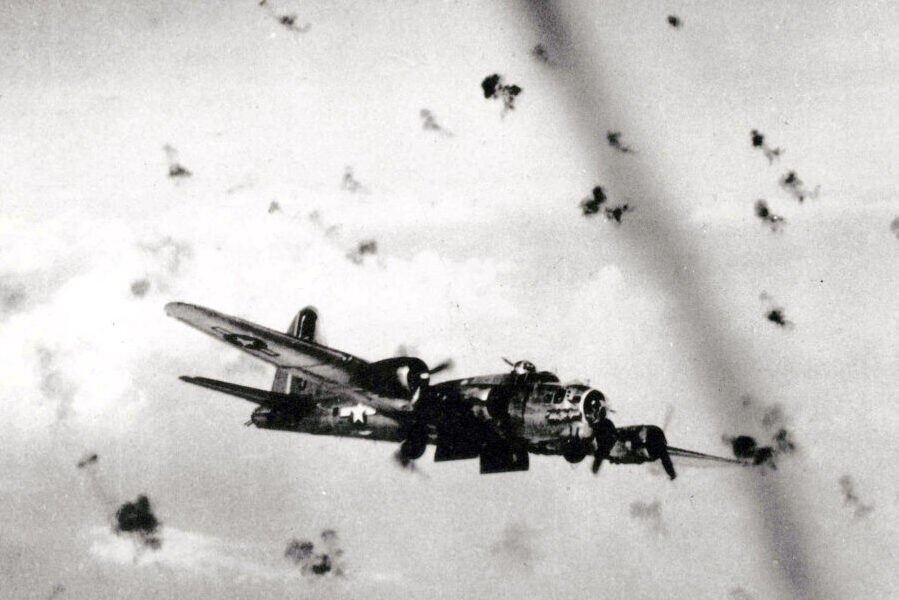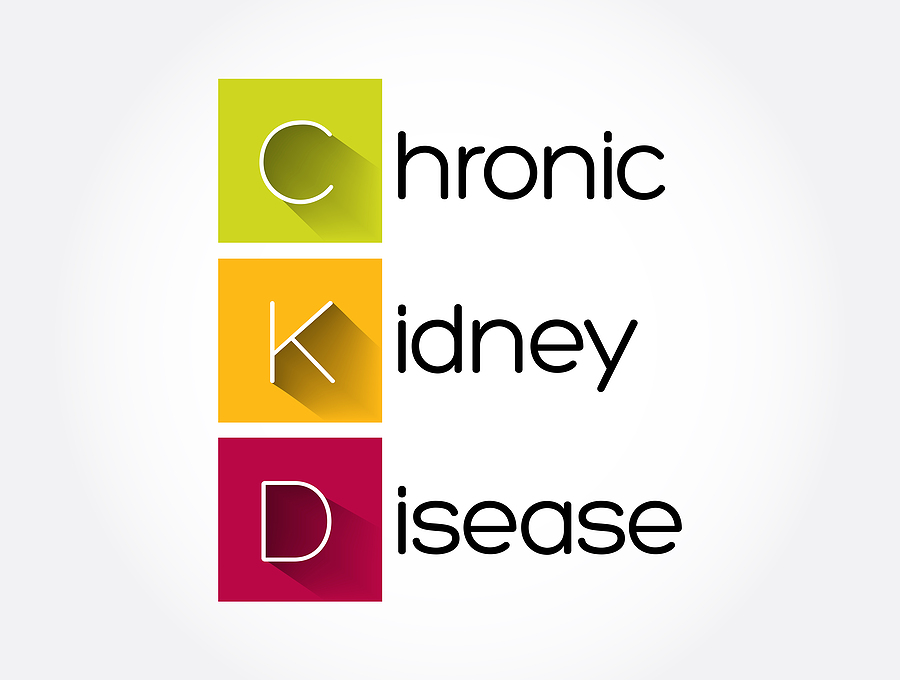VA C&P Exams Risky for Pilots – When you file a Department of Veterans Affairs (VA) Disability Claim, you will be given the option to pick from several claim types. The two most common types of initial claims for a retiring or separating military member to pick are a Fully Developed Claim (FDC) and a Benefits Delivery at Discharge Claim (BDD).
Of the two, the FDC is less well known. This is because FDC takes longer to process and pay begins later than with BDD claims. However, as long as you file an FDC within 12 months of separating from active duty you will be back-paid any pay and benefits to which you are entitled. This back pay will start from the date you are discharged from active duty.
BDD Claims Put Your Medical Certificate at Risk
The usual choice for an initial claim in the last 10+ years has been a BDD claim. You have probably been told about BDD claims at a seminar or read about them online. BDD claims are frequently preferred since pay and benefits begin at the time of discharge. However, BDD claims put your flight status at risk! As a pilot, or would-be pilot, we recommend that you do not file a BDD claim.
Our experience has shown that regardless of the contents of your health record, if you file a BDD claim you will be referred to Compensation and Pension (C&P) exams 100% of the time. For every item you claim, you must attend a C&P exam if you file a BDD claim. And this is the very reason we recommend that you not file a BDD claim. You have to avoid C&P exams.
What are C&P Exams?
C&P aka compensation & pension exams are contracted for, and owned by, the Veterans Benefits Administration (VBA). The VBA is the VA section that gives you monetary benefits (education, home loans, disability pay). To be clear, C&P exams are not run by the Veterans Health Administration (VHA). The VHA is the VA section that delivers healthcare services. The VHA has nothing to do with C&P exams. Records from C&P exams are not within the VHA record system, and you can’t see them when you request your health records from the VA. C&P exam records are only accessible from the VBA via a few methods, which we outline in our article How to Get VA C&P Exam Results And Why Pilots Might Need To. In our experience, if you can’t get them from the VA Regional Office, it can take months.
C&P exams are not medical diagnosis nor treatment exams. You do not have a doctor-patient relationship with the examiner. In fact, you will have no previous relationship with your examiner and they may not even be a doctor. You will most likely never meet the examiner again. The examiner is paid per exam and based on “complexity.” In other words, they are motivated to move fast and find disabilities.
C&P exams are performed by non-FAA-designated, VA contracted physicians and other qualified clinicians whose typical training is primary care. To become certified to do C&P exams clinicians are required to take five online training courses. Our experience shows that most of the C&P examiners are Nurse Practitioners, though a fair amount are Physicians or Physician Assistants. These contract examiners know nothing about FAA medical requirements nor aviation medicine. Neither are they psychiatrists, gastroenterologists, neurosurgeons, or endocrinologists who have specialty training in the various diagnoses contained in your claim.
What can happen in a C&P exam
An individual C&P exam for a claim item has one purpose: to produce a Disability Benefits Questionnaire (DBQ). At a C&P exam, for each claim item, a DBQ will be produced. If, during the exam, the C&P examiner suspects or discovers additional claim items, they will add them to your disability claim. Items are often put into your claim without your knowledge or permission. Keep in mind, DBQs are legal records and not medical records.
Broad Ranging Outcomes
Because the legal standard of certainty for a disability rating is 50%, the C&P exams can have very broad-ranging outcomes that include being rated disabled for a non-existent diagnosis. To say it another way, a C&P exam can award you a disability rating for a diagnosis never made by a qualified doctor, that you do not suspect or believe you have, that you did not include in your disability claim, and that may absolutely tank your flight status as long as the C&P examiner is at least 50% certain you have the diagnosis. C&P exams take away your ability to control the contents of your disability claim.
During The Exam
During the examination, the C&P examiner does not have to tell you everything they are 50% certain is true about you. Examiners are also allowed to reflect on your case after the visit and change the DBQ documentation. The bulk of the DBQ documentation will be completed after you leave the C&P exam appointment. DBQs from the exam are not given to you to review or quality check before they are submitted to the VBA. You do not get a chance to cross-examine or disagree with the C&P examiner’s findings.
Finally, the C&P exam produced DBQs are processed by the VBA to determine your eligibility for a disability rating. A third party at the VBA, known as a Rating Veterans Service Representative (RVSR), makes the disability determination. That is, the C&P examiner does not determine your disability rating directly – they just fill out DBQs for you. The RVSR processes the DBQs at the VBA to assess your disability. After you leave the C&P exam, you are not included in any of the subsequent decision making.
Unexpected Outcomes
We have seen many very smart, medically qualified pilots grounded after receiving unexpected VA disability ratings from a C&P exam. Most of them had every confidence they could avoid that outcome while navigating the process. Data shows us many clients come out with either an inappropriately low rating or with disability ratings for things they’ve never been diagnosed with. This is how so many military veteran aviators lose their flight status!
- “Does your back pain cause you to lose sleep?”
- “Do you frequently think about the injury that causes your knee pain?”
- “Did you ever have headaches after you hit your head?”
Seemingly innocuous questions like these lead to disability ratings for Post Traumatic Stress Disorder (PTSD), Major Depressive Disorder, Traumatic Brain Injury, Migraines, or Insomnia. By mistaking a disability exam for a diagnosis and treatment exam, pilots open themselves up to disability ratings that could delay or end their aviation careers. They mistake a 50% certainty standard exam for the 99% confidence standard of a diagnosis and treatment exam. This is why C&P exams put your flight status at risk!
The Benefits of FDC Claims
As a pilot, any diagnosis that you claim as a VA disability also needs to be disclosed to the FAA on your medical certificate application. That means that the “as likely as not” standard that allows veterans to receive VA rating may be crippling to your aviation career. Regardless of the VA standard, pilots need to provide the FAA with some degree of certainty about their ability to safely fly an airplane.
That doesn’t mean you shouldn’t claim each and every VA disability you are entitled to. It just means that they need to be documented in a way that shows you aren’t a risk to the federal air system. The typical BDD process often leaves that as an open question. Disabilities obtained through BDD do not necessarily have a clear-cut diagnosis from a physician working with you to keep the condition well managed.
A properly prepared FDC claim lets you tell the whole truth to VA raters so you can maximize your legitimate disability rating. It also leaves you in control of your FAA medical certification by making sure that no one adds inaccurate diagnoses to your claim and that you maintain access to the records that support the claim that you file.
With Wingman Med’s assistance, there are no gotchas or last-minute surprises. We stick to the facts, and we keep you flying!
Also see: Medical Evidence for your VA claim





